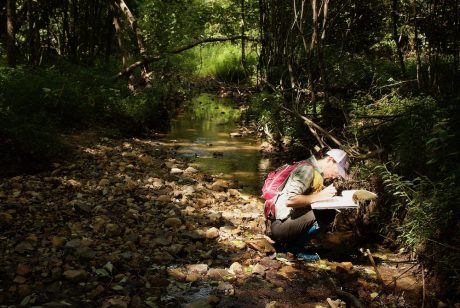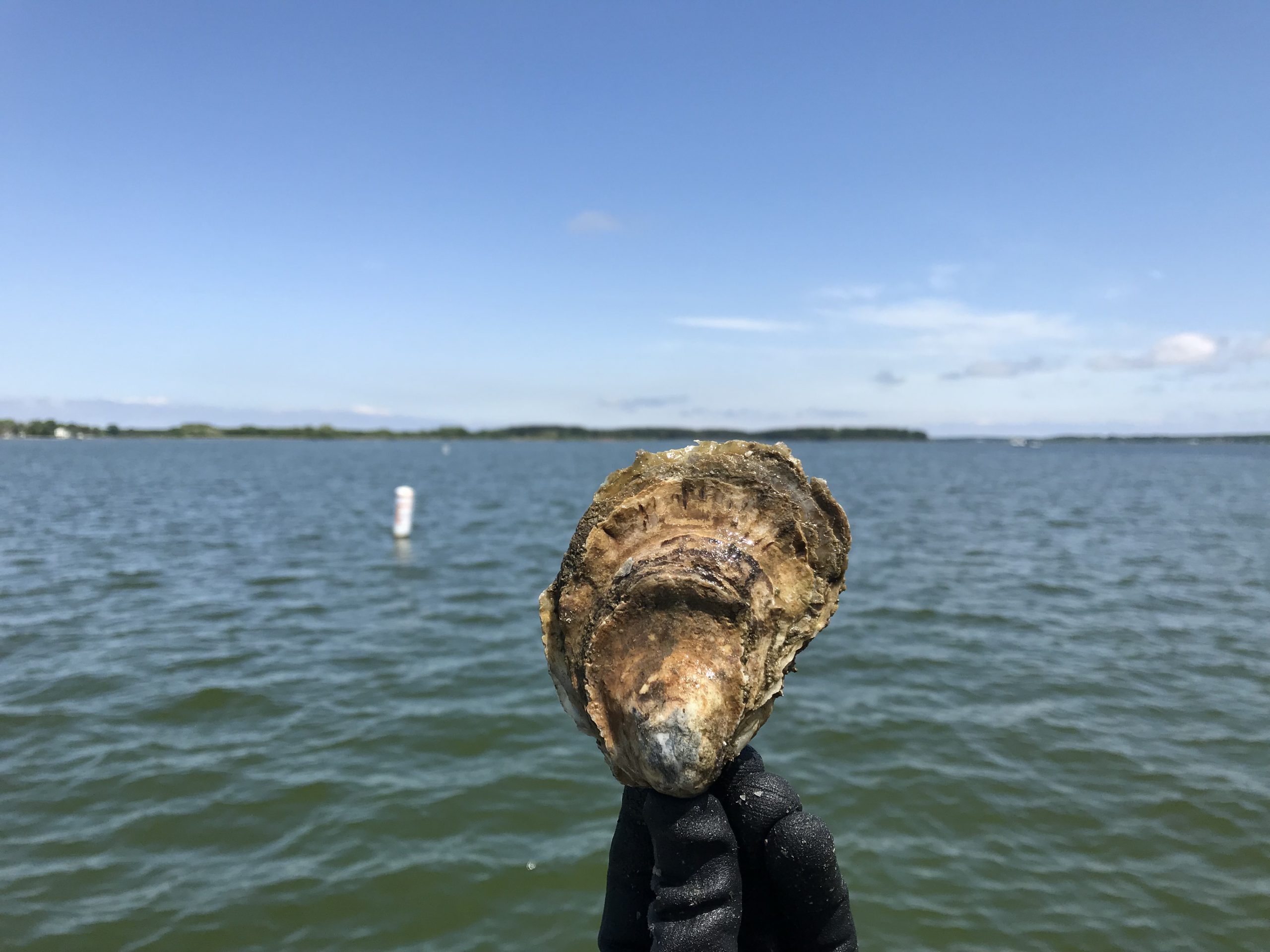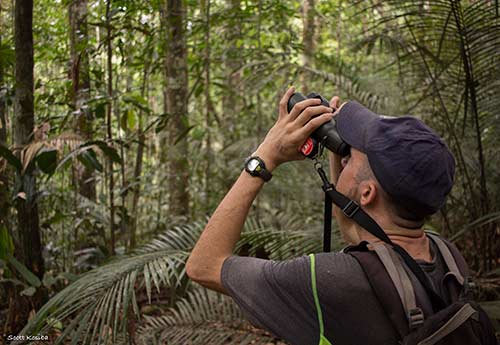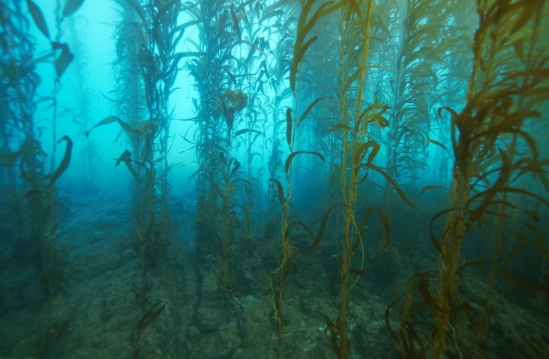
PhD student selected to talk to Congress about science funding
A Washington State University doctoral candidate is among 23 graduate students selected nationwide by ESA to receive the Katherine S. McCarter Graduate Student Policy Award.

A Washington State University doctoral candidate is among 23 graduate students selected nationwide by ESA to receive the Katherine S. McCarter Graduate Student Policy Award.
Florida State University researchers have found that coral vary in their response to ocean warming, a finding that has implications for the long-term health of coral reefs.

Researchers from NC State discovered abundant and stable rocks could be important for improving the recovery of aquatic insect populations in restored streams.

Researchers from Oregon State University and collaborators from the U.S. Forest Service looked at hundreds of long-term research plots in eastern Oregon to summarize historical and current forest structure.

University of Alberta biologist leads new study on “functional eradication” to curtail numbers of invasive species based on achievable targets for preventing ecological damage.

A team of biologists at the Smithsonian Environmental Research Center (SERC) found that early exposure to heat and low oxygen makes oysters more vulnerable to same stressors later on.

A recent Louisiana State University doctoral graduate explores how mixed-species flocks of birds living in fragmented Amazon rainforest habitats are affected by seasonal changes.

A new model from researchers at UC Santa Barbara reveals how two radically different communities coexist beneath the canopies of California’s iconic kelp forests

Trade and tourism are among the most important factors in understanding the establishment of invasive species in Cuba, but the nation’s revolution and the subsequent U.S. embargo also influence the island’s biodiversity today.

UNC Greensboro’s Ann Berry Somers, senior lecturer in biology, with John H. Roe, professor at UNC Pembroke, recently announced the release of a new paper on eastern box turtles, the North Carolina state reptile.

Research shows that biodiversity is important not just at the traditional scale of short-term plot experiments, but also when measured over decades and across regional landscapes as well.

University of Michigan researchers netted and trapped more than 4,000 bees from 60 species to discover that the most diverse bee communities have the lowest levels of three common viral pathogens.

In a new study spanning nearly 13 years, researchers at UC Boulder discovered that the ground squirrel has joined many other small mammals in Colorado’s Rocky Mountains that are making an ominous trek: They’re climbing uphill to avoid warming temperatures in the state brought on by climate change.

Researchers at the Laboratory of Apiculture and Social Insects (LASI) at the University of Sussex show that honey bees and bumble bees dominate on different flower species and have found out why.

University of Nevada, Reno conducts international rivers study based on new approaches in science.

Researchers from the Michigan State University introduced the framework of metacoupling, which allows scientists to view the world as it truly is – with humans and nature interacting over space and time and without boundaries of academic disciplines.

Scientists at Oregon State University have found that sampling stream water for evidence of the presence of various species using environmental DNA, known as eDNA, can be more accurate than electrofishing, without disrupting the fish.

Researchers at the University of Amsterdam found that the feeding behavior of several invertebrate animals in aquatic food webs is drastically changed by increasing inputs of nitrogen and phosphorus into surface waters.

UC Davis scientists found that the presence of recently dead trees on the landscape was a driver of wildfire severity for two large fires that occurred toward the end of the drought and documents the important role recently dead trees can play in exacerbating fire severity.

Researchers from the University of Southern Florida revealed that a monitor lizard should be regarded as an “ecosystem engineer,” a rarity for reptiles.
Notifications